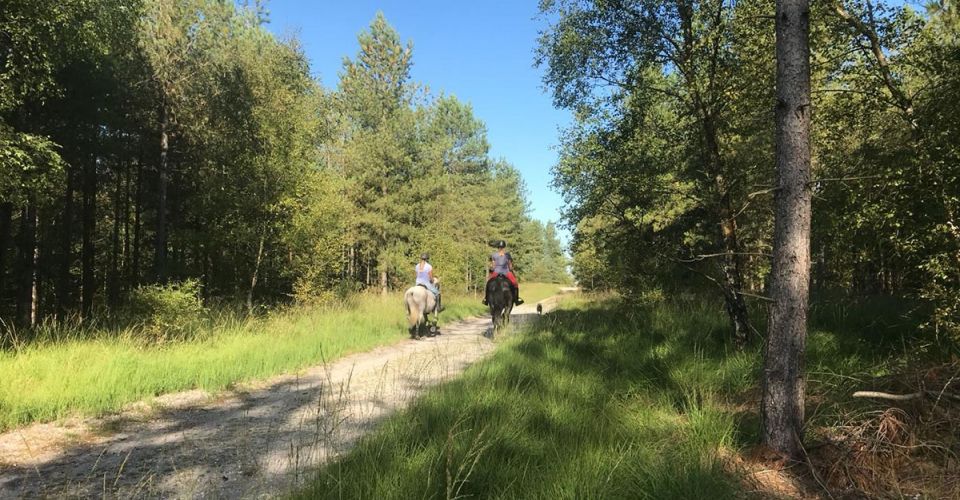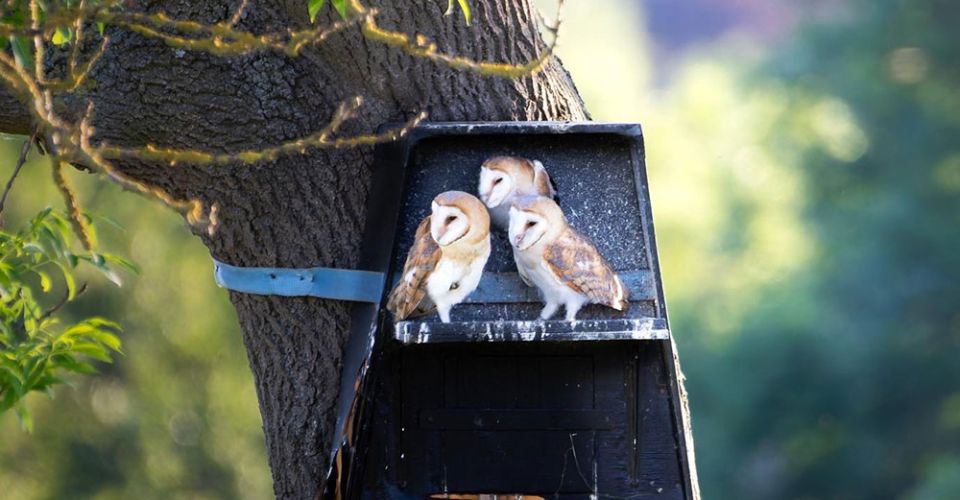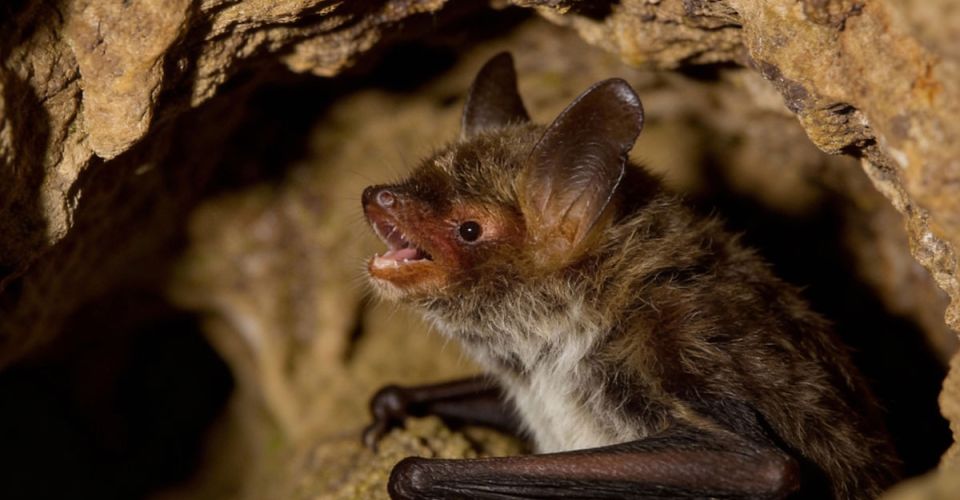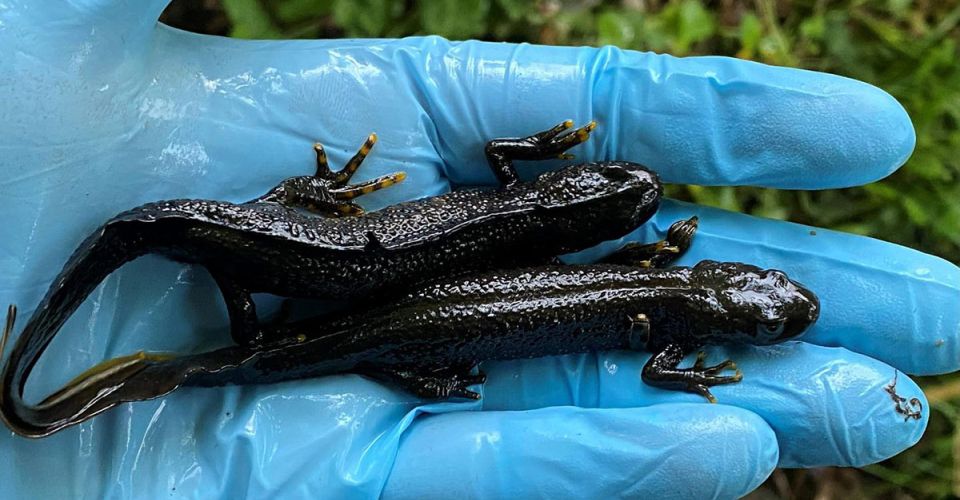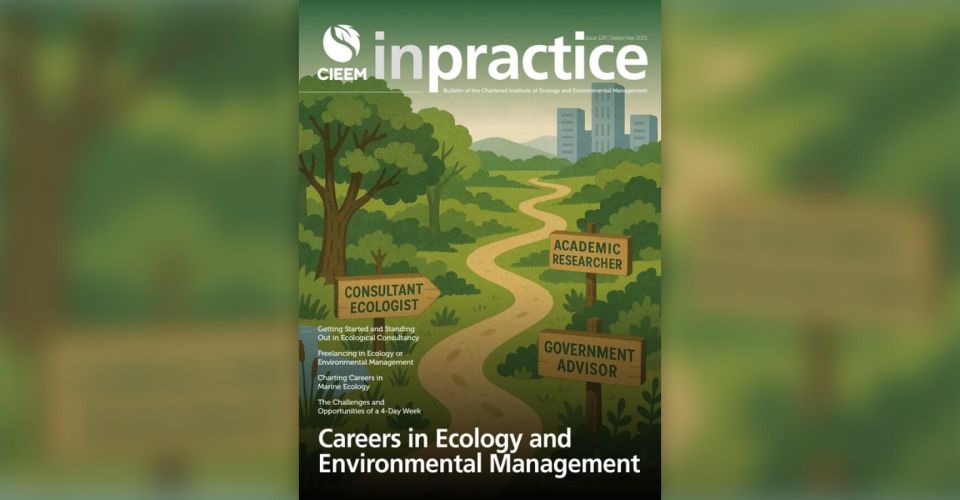What we’re looking for in an intern / graduate

Background
Every year we take on interns or graduates, usually from the University of Reading MSc ‘Species Identification and Survey Skills’ (SISS) course whereby they conduct a six-month placement as part of their course.
Ecology is a competitive field, therefore we thought it might be useful for graduates to understand how we conduct this process so they can see how to improve their chances of getting their foot in the door.
We initially review the applicants by ranking each based on various attributes as set out below.
Cover letter
Although a cover letter isn’t compulsory, we see it as an opportunity to sell yourself and highlight the experience you have in the sector or interest you have in the company. CVs by their very nature are very formal, so this is the opportunity to inject your personality, using a professional yet conversational style to show who you are.
This is your opportunity to show you know what you are applying for. If have minimal experience, hold your hands up and acknowledge it, perhaps emphasising what transferable skills you have for the position.
Reference us
We know we’re amazing to work for and will be the best choice for you, but in short, we want you to tell us why you think so too! Do your research by looking at our website, Google Reviews and Glassdoor to see:
- What sectors we work in and the types of projects we do
- How many people are in the team and what colleagues think of working here
- What clients think of working with us
- If our approach is appealing to you
Tailor your cover letter to express what you think the benefits are of working with us. We know this takes time, but if it means you get the job, it’s worth the investment.
Appealing CV
Put yourself in the employer’s shoes: looking at dozens of CVs in one sitting is a little boring. Laura Grant (Principal Ecologist) remembers as a kid seeing her Dad sat in an armchair late at night reviewing hundreds of applicants for a job at Rolls Royce aero engines. He sometimes wouldn’t look at a CV for more than thirty seconds before putting it in the discard pile. She asked him why, and he said first impressions are everything!
If you’ve got 100 applicants who have equal competence, but some stand out based on presentation style, ease of reading or digestibility of the information, it’s a no brainer who makes it to the top of the pile.
We look beyond visual appearance but as a consultant, you need a variety of skills and making a client enjoy the experience of interacting with you and helping them digest information is important. Experience is something you’ll learn on the job but if you demonstrate the skills at the outset it’s a huge plus for the employer.
CV content
What should you include and what should you not?
Contact details: Ways to contact you and perhaps find out more about you e.g. via LinkedIn.
Formatting: Make sure your CV is formatted nicely using a simple to read font. Use different sections with appropriate headings. Consider using colour or page formatting to add interest.
Personal statement: Consider including a personal statement or profile summarising who you are, your values and competencies which are relevant to the position.
Level of detail: You should aim for two sides of A4. Details we would expect to include are details of your education, work experience, voluntary or other experience and supporting information of relevance e.g. driving licence status / computer literacy. Be careful not to just list all the things you have done or can do, but highlight parts of interest to you, skills you have acquired and how you will apply them. We want to get a feel for who you are so do what comes naturally to you. If there are gaps in your employment history prepare good reasons to justify the gap as a good interviewer will spot it and challenge you.
Voluntary work / extra-curricular activity
You don’t have to volunteer to be a good ecologist, but if you do, and if it’s in the right fields, it’s a good demonstration of your passion and long-term dedication to landing [what you should make every effort to express is] your dream job. It also gives you something different to talk about at interview to help you stand out from your peers.
We see many candidates and some with voluntary experience and some without. Although there are benefits to volunteering, we know we can’t all have the time or finances to allow it. Relevant volunteering will give you an advantage but a lack of volunteering as long as you can demonstrate good use of your time is not anything to worry about.
If you haven’t done any volunteering but you’ve been committed to a discipline like art, music or sports or an activity like Duke of Edinburgh, it’s nice to touch upon this to show your commitment.
Enthusiasm
The ecology sector is not for the faint-hearted. It’s a labour of love. To be a well-rounded ecologist you’ll be learning new things every day: about habitats, species, legislation, planning policy, reporting, data analysis, project management, client liaison, quoting…the list is endless.
If you demonstrate your interest is in marine biology or genetics via a CV or during the interview, it’s not very relevant to us. You need to convince us that this is your dream job. If you do that, we’ll be keen to invest in you as we want you to stick around and work your way up through the ranks.
Good applicants demonstrate they are enthusiastic about all elements of the job and are happy to tackle the antisocial hours, physically demanding work, bites and scratches along the way.
Botany / habitat / species skills
A lot of ecologists have been interested in wildlife all their life, as such, they can tell a blackbird from a bullfinch, a sycamore from an oak, or a newt from a lizard. If you can’t do some of the basics, it’s worth developing your skills in this area as there’s a lot to learn if you’ve got no foundation of knowledge (and other applicants are likely to outshine you). CIEEM has some great examples of ways you can break into the sector.
Offering an interview
Rather than emailing to ask applicants if they’d like to come to interview, we call them. This gives us an immediate gauge of their level of interest, enthusiasm, communication skills and general attitude. Be on your toes as we make notes on all elements and this has been used as a decision factor for closely matched candidates in the past.
At interview
The interview is your chance to remind us of all your good points (why we chose to interview you in the first place) and fill us in on things we don’t know about you.
Be punctual (on time or not more than a few minutes early) and wear appropriate professional-looking clothing.
Remember from the time you enter the building you are being assessed. We often ask our reception staff their first impressions of you so please treat everyone with respect and remember you never know who is assessing you.
- Give yourself plenty of preparation time for the interview so you can be more confident and natural during the interview:
- Make sure you re-read your CV;
- Look at our website and remind yourself of what you like about us;
- Research the interview panel so you can get an inkling for what they may be like (Linkedin helps a lot);
- Look up typical interview questions and have a think about how you’d respond to them; and
- Think about any questions you may have for us.
- Don’t forget at this level it’s as much an opportunity to see if we like you and you like us. Being yourself is the main thing so try not to be too nervous.
Many interviews in ecology will also include some form of test, often including identification of plants or animal signs. Don’t panic if you don’t know what things are but try and give an answer on how you may find out the answer, what key you may use, what you would do if you were in the field and didn’t know. Remember those interviewing you have also had to do this and probably sweated just as much.
Post Interview
It’s great to follow up on your interview, we suggest you do this within 24 hours to say thank you for the opportunity, you never know what could sway a decision between candidates. Any decent employer should come back to you relatively quickly with a decision. If you are successful great, if you are not, ask for feedback if it is not forthcoming. Again, say thank you for the opportunity as the ecology world is small and you never know when you may meet them again.
To keep informed of careers with us check out our career page.
